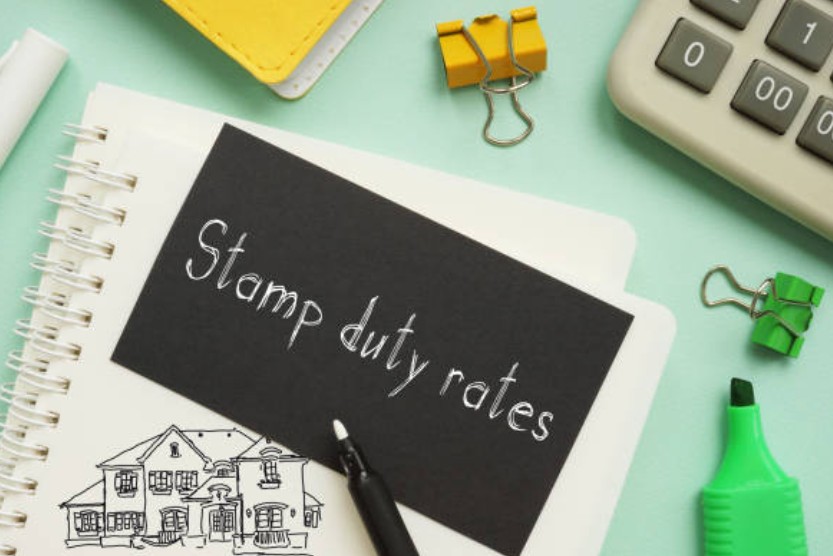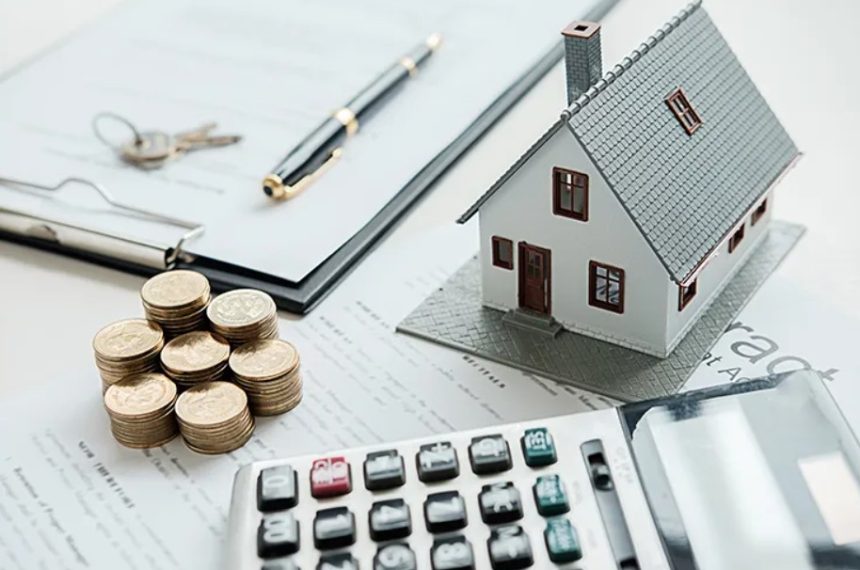In the UK, it’s entirely possible to have more than one residential mortgage. As housing prices rise and people’s living circumstances evolve, many individuals are considering the idea of owning a second home. Whether it’s a property for investment, a second home for family use, or a place for personal holidays, the concept of owning more than one home is becoming increasingly popular. However, one major question arises: Can You Have 2 Residential Mortgages?
In this article, we’ll break down everything you need to know about owning two residential mortgages in the UK. We’ll examine the rules, requirements, financial considerations, and tax implications so you can make an informed decision if you’re thinking about taking on more than one mortgage.
Understanding the Legalities of Having Two Residential Mortgages
The straightforward answer to the question, “Can You Have 2 Residential Mortgages?” is yes. In the UK, there are no legal restrictions preventing homeowners from taking on more than one residential mortgage. However, this is not an automatic right. Lenders have specific criteria they use to assess the financial viability of borrowers who want to take on additional debt.
Key Considerations for Lenders
Before offering a second mortgage, banks and other lending institutions will look at:
- Income Assessment: Lenders will examine your total income to ensure that you can afford both mortgage repayments without compromising your financial stability.
- Existing Debt: If you have any existing loans, credit cards, or other financial commitments, these will be factored in when determining your ability to take on a second mortgage.
- Credit Score: A strong credit history is crucial. Lenders will evaluate how well you’ve managed debt in the past and assess your creditworthiness.
- Deposit: Generally, a larger deposit is required for a second home. The minimum deposit is usually around 15% to 25% of the property’s purchase price.
While the rules are more relaxed for first-time buyers, securing a second residential mortgage can be a more rigorous process, as lenders take on additional risk.
What Are the Main Reasons for Having Two Residential Mortgages?
There are several scenarios in which individuals may decide to take out a second residential mortgage. These include:
- Family Support: Some homeowners decide to purchase a second property to accommodate family members, such as buying a home for an elderly parent or a property for children who are moving out for university or starting their adult life.
- Holiday or Weekend Homes: A second home can also be a getaway, providing a personal retreat for vacations or long weekends.
- Job Relocation: If your work requires splitting time between two locations, you might consider a second residential property close to your workplace.
- Investment: In some cases, individuals acquire a second home for investment purposes, hoping for future capital gains or to rent it out and generate income.
Regardless of the reason, acquiring a second residential mortgage requires careful financial planning.
What Are the Financial Requirements for a Second Mortgage?
Securing a second residential mortgage can be more challenging than obtaining a mortgage for your primary residence. Lenders are stricter when evaluating the applicant’s financial situation for a second mortgage. Here are the key financial elements that will affect your eligibility:
1. Affordability Checks
Lenders want to ensure that you can afford both mortgages without placing undue strain on your finances. The affordability checks will take into account your income, existing debts, living expenses, and any potential interest rate hikes in the future.
2. Income and Employment

A stable and reliable income is essential when applying for a second mortgage. Lenders will assess whether your income is sufficient to cover both the current mortgage and the potential new one. If your employment is unstable or if you are self-employed, you may face additional scrutiny from lenders.
3. Deposit Requirements
One of the biggest financial barriers to acquiring a second mortgage is the size of the deposit. For your first property, the deposit could range from 5% to 10% of the property’s value. However, for a second property, you may need to raise a deposit of 15% to 25%, depending on the lender and the property’s purpose. This higher deposit requirement reflects the increased risk of lending for a second home.
4. Interest Rates
Interest rates for a second residential mortgage may be higher than for the first mortgage. This is because lenders view second properties as higher-risk investments, especially if the property is not occupied full-time. The difference in interest rates could affect your monthly repayments and the overall affordability of your second home.
What Are the Tax Implications of Owning Two Residential Mortgages?
When considering a second mortgage, it’s crucial to understand the tax implications involved. In the UK, owning more than one property can result in additional taxes. The key taxes to be aware of are Stamp Duty and Capital Gains Tax (CGT).
Stamp Duty Land Tax (SDLT)

When you purchase a second property, you will be required to pay Stamp Duty Land Tax. However, if the property is an additional home (i.e., not your primary residence), you will incur a 3% surcharge on top of the standard Stamp Duty rates.
Here are the standard SDLT rates, along with the surcharge for additional properties:
| Property Price Range | Standard SDLT Rate | Additional Property SDLT Surcharge |
| Up to £250,000 | 0% | 3% |
| £250,001 – £925,000 | 5% | 8% |
| £925,001 – £1.5 million | 10% | 13% |
| Above £1.5 million | 12% | 15% |
This additional tax can significantly increase the upfront costs of purchasing a second property.
Capital Gains Tax (CGT)
If you sell your second property at a profit, you will be liable to pay Capital Gains Tax. This tax applies to the profit you make from selling the property.
The CGT rates for second properties are higher than the standard rates for your primary residence:
- 18% CGT for basic rate taxpayers
- 28% CGT for higher or additional rate taxpayers
However, the property you live in as your primary residence is exempt from CGT, thanks to Private Residence Relief, which does not apply to second homes.
What to Consider Before Taking on a Second Mortgage?
Before applying for a second residential mortgage, you should consider several important factors:
1. Purpose of the Property
Is the second property for personal use, family accommodation, or investment purposes? Lenders will need to know the reason for purchasing the property. If it is for personal use, you may be able to get a standard residential mortgage. However, if you plan to rent it out, you may need to consider a buy-to-let mortgage, which comes with different rules.
2. Financial Capability

Can you afford to maintain both properties? Ensure that you have the financial resources to cover both mortgage payments, especially in the event of unexpected financial challenges, such as job loss or health issues. It’s also important to account for ongoing maintenance and property management costs.
3. Long-Term Impact on Your Finances
Consider the long-term financial consequences of holding two mortgages. For example, if interest rates increase, will you still be able to afford both repayments? It’s important to have a financial buffer in place to manage unforeseen circumstances.
4. Tax Implications
Understand the tax costs associated with owning a second property, particularly Stamp Duty and Capital Gains Tax. Factor these costs into your financial planning to avoid surprises down the line.
Final Thoughts
In conclusion, it is entirely possible to own two residential properties in the UK, but it comes with a variety of financial and legal considerations. From affordability assessments and tax implications to the purpose of the property, there are many factors to consider before making this significant financial commitment.
If you are thinking about applying for a second residential mortgage, it’s always a good idea to seek professional advice from a mortgage advisor or financial planner. They can help ensure that you make informed decisions based on your financial goals and circumstances.
Frequently Asked Questions
Can I Rent Out My Second Residential Property?
Yes, you can rent out your second residential property, but you will need to switch to a buy-to-let mortgage. This type of mortgage is designed for properties that are rented out to tenants, and it has different terms compared to a standard residential mortgage.
Will Owning Two Mortgages Affect My Credit Score?
Owning two mortgages does not automatically harm your credit score. However, missed payments or financial mismanagement can hurt your credit history, affecting your ability to secure additional loans in the future.
Can I Use the Equity from My First Home to Finance My Second Property?
Yes, you can release equity from your first home by remortgaging, which allows you to use that equity as a deposit for your second property. Many people use this option to fund the deposit on a second mortgage.






